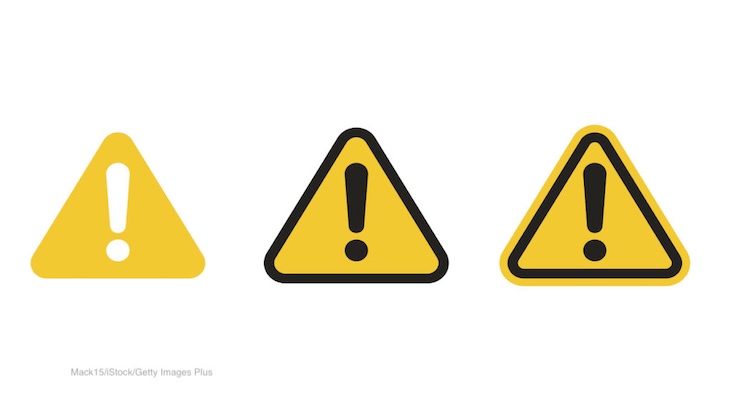The FDA is announcing a voluntary phase out of PFAs that are used in some types of food packaging. PFAS are short chain per- and poly-fluoroalkyl substances that contain 6:2 fluorotelomer alcohol. This is often used as grease-proofing agents on paper and paper board food packaging.

Food safety experts are concerned that the use of these compounds in food packaging. Since paper and paperboard come into contact with food, experts think the chemicals may migrate into the food. PFAS are very persistent, which means they don’t break down and can accumulate over time. In animals, PFAS have caused reproductive, developmental, liver and kidney, and immunological effects. They have also caused tumors in animals.
In human studies, PFAS can cause increased cholesterol levels, and more limited studies show they may be associated with low infant birth weights, effects on the immune system, cancer (for PFOA), and thyroid hormone disruption (for PFOS). PFOA and PFOS are the most studied PFAS chemicals.
These compounds also remain intact in the environment, meaning that they can accumulate and cause contamination.
Three manufacturers have agreed to a 3 year phase out of PFAS by gradually eliminating their sales of compounds that contain 6:2 FTOH for use as food contact substances. This phase out will begin in 2021. It may take up to 18 months after that three year time frame to exhaust existing stocks of products.
The manufacturers did have authorization for the use of these substances in food contact paper packaging through the FDA. The short chain PFAS are replacements for long-chain PFAS that were phased out in 2011. At the time the authorizations were granted, the scientific data showed they were a safe alternative and did not have potential for biopersistence.
The FDA will monitor the progress of this phase out using updates that will be provided by the manufacturers. The manufacturers will also supply FDA samples of the authorized food contact substances in case more analysis is needed in the future.




